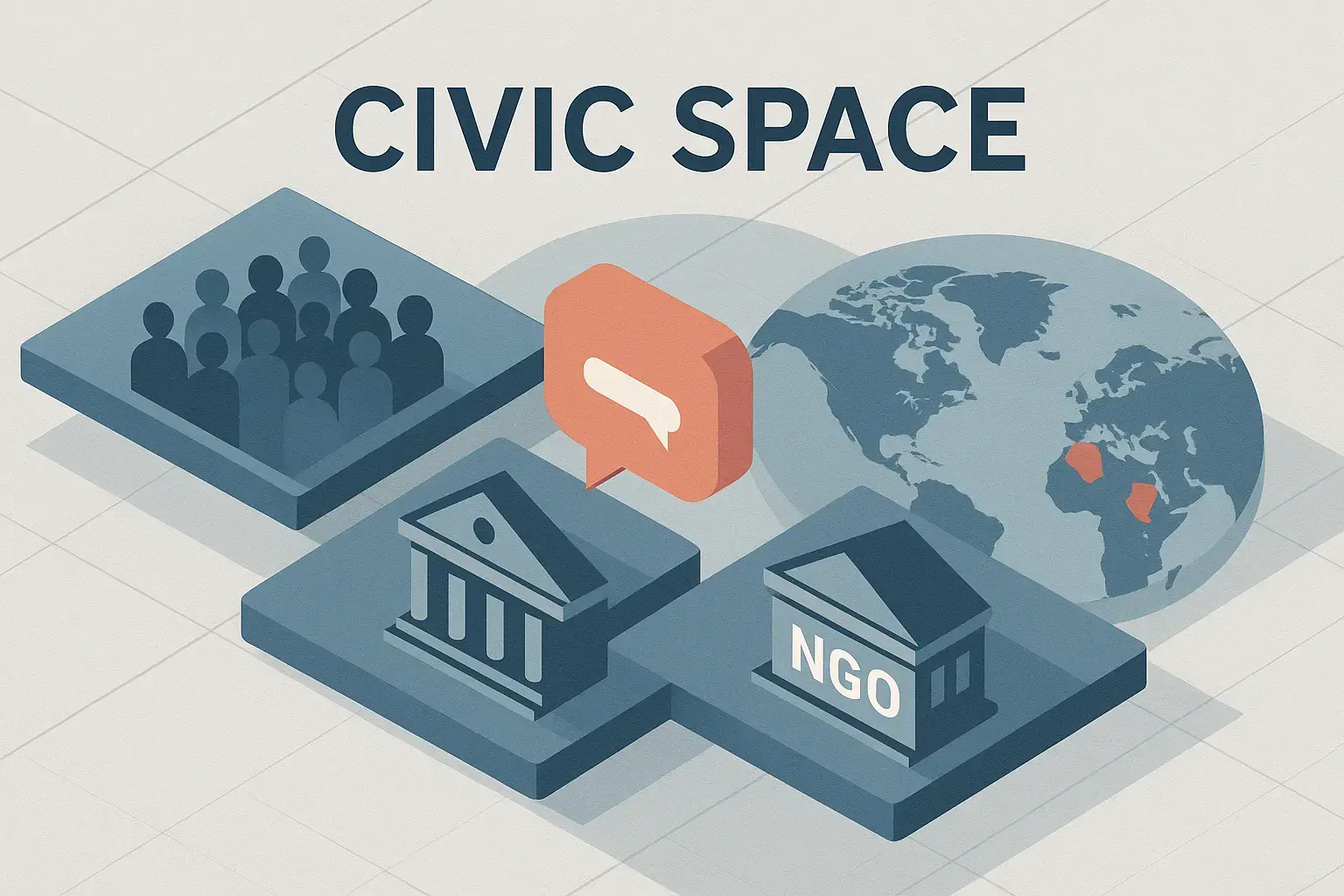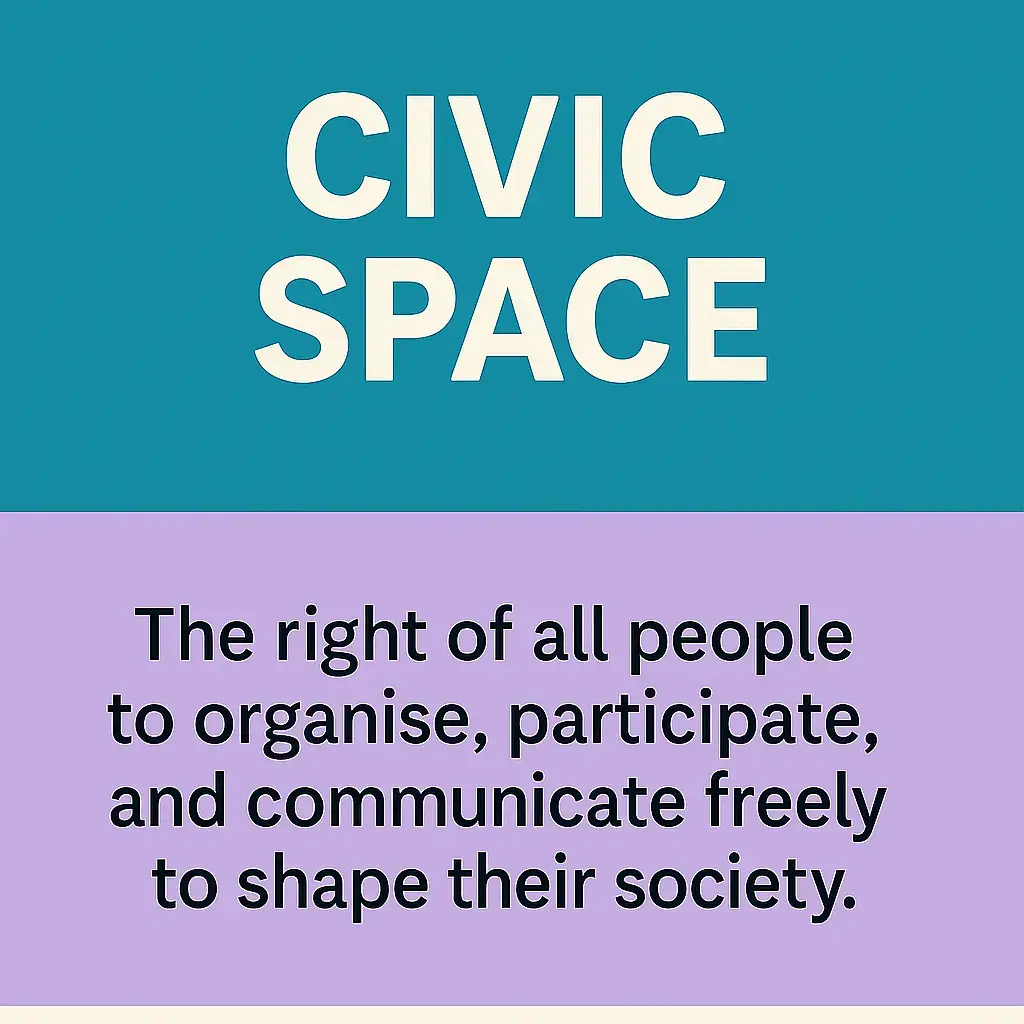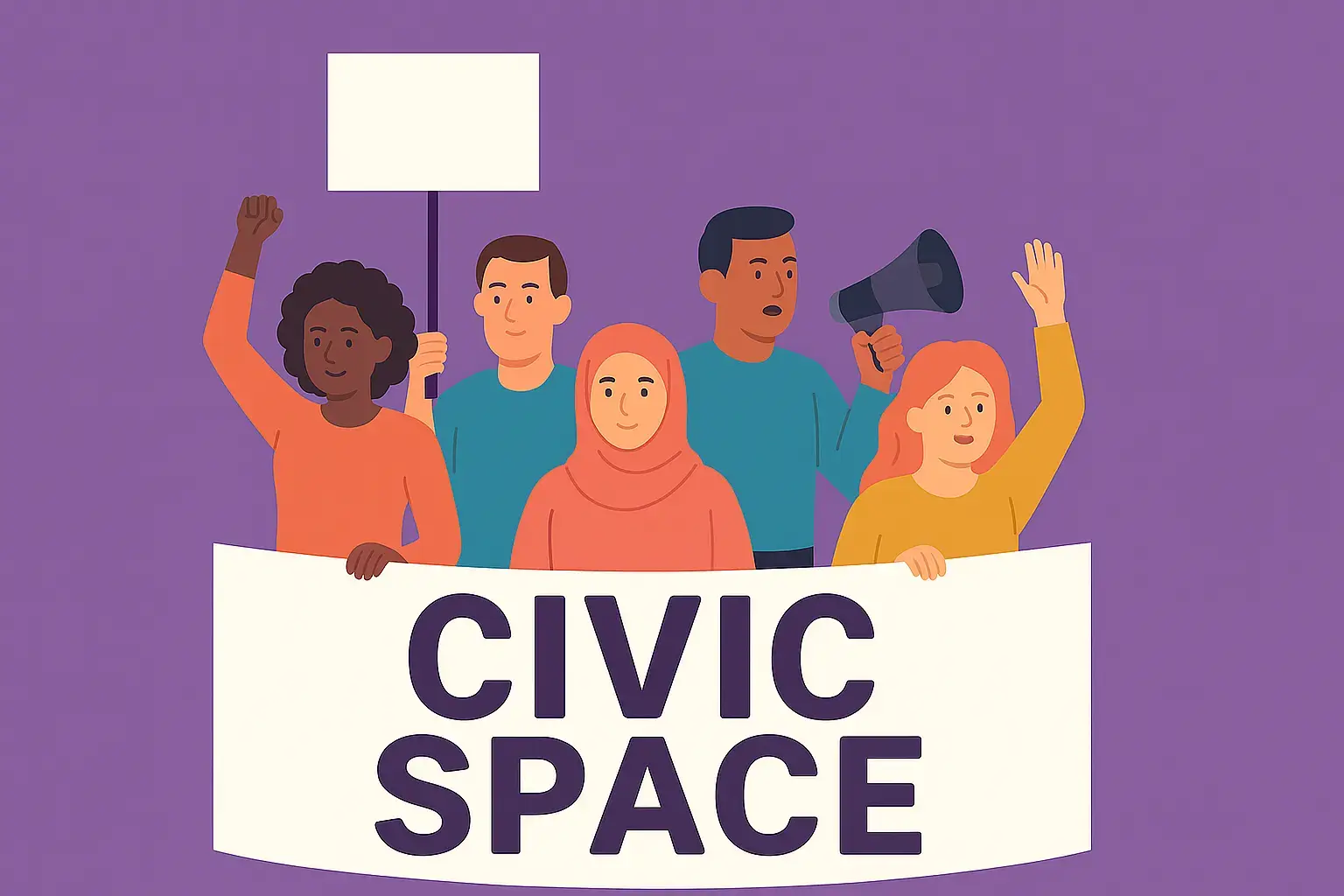A Toolkit for Local and Community Women’s Organisations and Initiatives in Jordan, Palestine, Lebanon, and Tunisia
CTDC & FemPawer Consortium | 2024
Developed by the Centre for Transnational Development and Collaboration (CTDC) in partnership with the FemPawer Consortium, this toolkit offers an intersectional feminist guide for navigating and resisting shrinking civic space in Arabic-speaking countries. It was produced through participatory research with grassroots organisations and feminist initiatives in Jordan, Palestine, Lebanon, and Tunisia, and responds to escalating challenges faced by women-led civil society actors in an increasingly hostile environment.
🔍 Purpose and Scope
The toolkit aims to document lived experiences of women’s organisations and share practical strategies for countering repression and sustaining civic work. By addressing structural, political, and socio-cultural limitations, it equips grassroots groups with tools to remain active, safe, and resilient. The toolkit also provides practical guidance for activists, donors, and support organisations working to uphold and expand civic space in the region.
🧩 Structure and Content
The toolkit is organised around seven dimensions of civic space, presenting both challenges and resistance strategies:
- Access to Funding – Explores barriers such as centralised donor priorities, conditional funding, and bureaucratic restrictions, especially outside capital cities.
- Banking and Financial Management – Highlights burdensome regulations, currency issues, and exclusion from banking systems, with strategies including alternative accounts and internal resource mobilisation.
- Security, Safety, and Protection – Addresses threats from state and non-state actors, community backlash, cyber harassment, and the lack of protective legal frameworks.
- Freedom of Expression – Covers social taboos, censorship, cybercrime laws, and platform surveillance, alongside resistance through adapted language, community engagement, and media use.
- Freedom of Assembly and Association – Discusses legal constraints and repression of demonstrations, with strategies including registering as companies, forming coalitions, and adhering to or challenging procedures.
- Influencing Public Policy – Reveals the exclusion of women’s organisations from decision-making spaces, offering strategies like grassroots mobilisation, advocacy, and coalition-building.
- Access to Information – Identifies challenges in obtaining accurate, timely data and recommends strategies like research, partnerships, and verification through multiple sources.
General Recommendations – Includes guidance for donors, technical support providers, and regional stakeholders on expanding and protecting civic space.
Each section integrates quotes, case examples, and locally grounded solutions developed by and for civil society actors in the region.
🌟 Strengths and Contributions
- Contextual Expertise: Draws on experiences of more than 30 grassroots organisations working under political and economic strain.
- Intersectional Feminist Analysis: Centres structural, political, and gendered dimensions of repression, and promotes collective agency and relational resilience.
- Actionable Tools: Provides concrete, tested strategies for organisational survival, community support, legal navigation, and resistance.
- Participatory Methodology: Developed through consultations, validation workshops, and feedback from grassroots actors, ensuring regional relevance and ownership.
⚠️ Considerations
- Some strategies require access to resources, networks, or facilitation that smaller organisations may lack.
- Organisations may need capacity-building to apply digital security or develop policy influence strategies.
✅ The CTDC Civic Space Toolkit is a timely, bold, and deeply practical guide that goes beyond naming challenges to actually mapping out the strategic, feminist ingenuity that local actors use to survive and thrive in increasingly repressive environments. It is essential reading for funders, practitioners, and policymakers alike.
Reach to Us
Have questions or want to collaborate? We'd love to hear from you.




